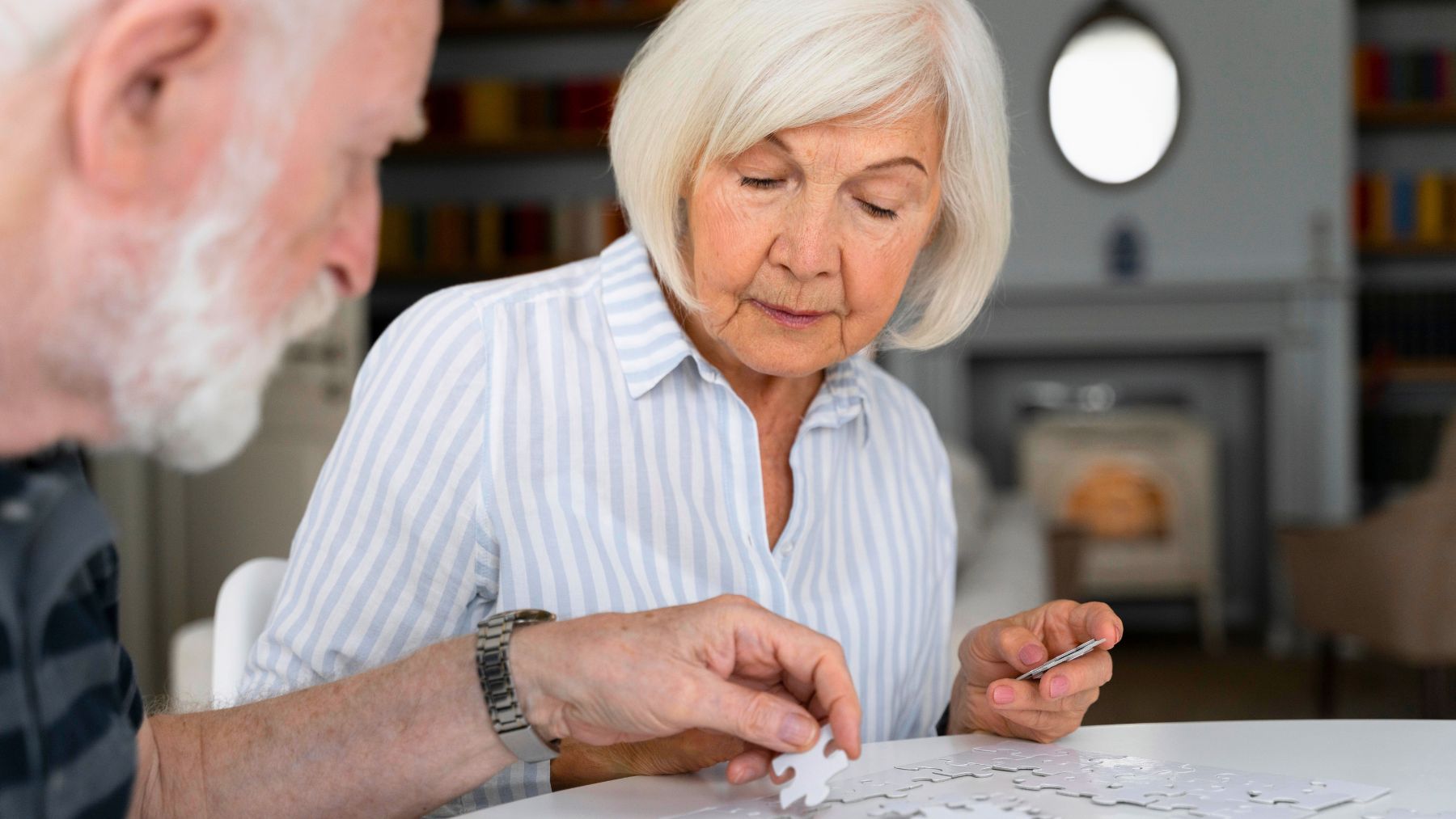Sudoku, crosswords, and board games are the usual recommendations for seniors to keep the brain active, but there’s another lesser-known hobby that’s not played on paper or with cards. It’s a three-dimensional option to sharpen memory and concentration.
3D puzzles combine tactile movement, visual processing, and problem-solving in one entertaining challenge. Here, we’ll look at how these puzzles can benefit you if you’re over 60, especially regarding memory and attention. We’ll also touch on other activities that offer similar cognitive benefits for older folks.
3D puzzles: a hobby for seniors to boost memory and focus
3D puzzles are physical models built by fitting small pieces together to form a structure, usually something recognizable like a famous building, vehicle, or animal. Unlike flat jigsaw puzzles, 3D options work on multiple planes, requiring the brain to think in layers and shapes.
For seniors, working on a 3D puzzle is an excellent workout for short-term memory. You’re constantly recalling where pieces go, how shapes fit, and what the completed object should look like. This repeated recall reinforces brain pathways tied to spatial memory and sequencing, two skills that naturally decline with age.
These puzzles take time and require sustained attention, which boosts focus. You can’t just glance at them and guess where things go. You need to stay present, notice patterns, and test different combinations. That deep concentration often becomes a form of mental flow, which helps reduce mental fatigue and sharpen attention spans over time.
There’s also a physical component. Aligning and connecting small pieces strengthens hand-eye coordination, which supports everyday skills like typing, writing, or using tools. For people in their 60s or 70s, keeping that coordination sharp improves their independence.
Finally, 3D puzzles offer a natural way to reduce stress. Sitting down to work on a puzzle shifts the brain’s focus away from worry. It creates a clear, achievable goal: complete the object. This small sense of accomplishment can help ease anxiety and improve mood when paired with a quiet, relaxed environment.
Other hobbies to sharpen memory after 60
There are a few other hobbies that also support memory and focus through hands-on engagement. Let’s take a look at some options:
- Model building: Whether it’s cars, planes, or ships, assembling small-scale models engages fine motor skills and sequencing. It’s especially helpful for visual memory.
- Origami or paper crafting: Folding and shaping paper improves hand coordination and requires step-by-step thinking, which is great for working memory.
- Painting by numbers or coloring: This helps with focus and pattern recognition while providing a soothing, repetitive task that’s good for reducing stress.
- Gardening: Planning out planting, tracking growth, and doing physical tasks like trimming or repotting keeps the mind and body active.
- Quilting or needlework: These crafts involve detailed patterns, color planning, and precise movements. They’re ideal for concentration and long-term memory.
- Chess or card-based strategy games: Although not tactile in the same way, they offer strong cognitive training through planning and decision-making.
Trying out a few of these hobbies alongside 3D puzzles can help create a balanced routine for your brain health. The key is variety and consistency in regular mental challenge, not occasional effort.

